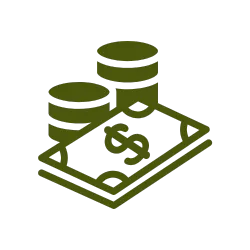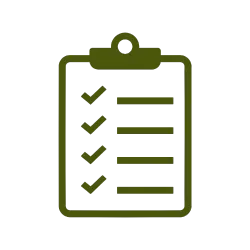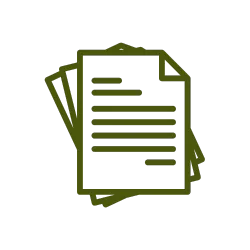1031 Exchanges
Looking to reinvest your property profits without the immediate tax hit? A 1031 Exchange lets you defer capital gains taxes by rolling proceeds into another investment property—boosting your buying power and long-term returns. Contact us to explore your options today.
1031 Exchanges
Looking to reinvest your property profits without the immediate tax hit? A 1031 Exchange lets you defer capital gains taxes by rolling proceeds into another investment property—boosting your buying power and long-term returns. Contact us to explore your options today.

What is a 1031 Exchange?
A real estate 1031 exchange (also known as a "like-kind exchange" or a "tax-deferred exchange") is a legal process that allows a real estate investor to defer paying capital gains taxes when selling an investment property by reinvesting the proceeds into another "like-kind" property. In other words, when a real estate investor sells a property and makes a profit, they are typically required to pay capital gains taxes on the profit.
However, through a 1031 exchange, the investor can defer paying those taxes by using the proceeds from the sale to purchase another investment property that is similar in nature, value, and use. By doing so, the investor can defer the payment of capital gains taxes until a later date when they eventually sell the replacement property. This can provide significant tax benefits to real estate investors, as they can use the money that would have gone towards paying taxes to reinvest in their business and potentially earn a greater return on their investment.
How do 1031 Exchanges work?
In order to be eligible for a 1031 exchange, both the property being sold and the property being purchased must be considered "like-kind." This means that they must be similar in nature and use, but not necessarily identical. For example, a commercial property can be exchanged for a residential property, or vice versa, as long as they are being used for investment purposes. When the investor sells the original property, they must use a qualified intermediary (QI) to hold the proceeds from the sale. The QI is responsible for making sure that the funds are not accessible to the investor during the exchange period, which is a maximum of 180 days from the sale of the original property. The investor then has 45 days to identify potential replacement properties and 180 days to complete the purchase of one or more of those properties. The replacement properties must be identified in writing and meet certain criteria set by the IRS, such as being of equal or greater value than the original property.
Once the replacement property is acquired, the investor can defer paying capital gains taxes on the sale of the original property. However, the tax liability is not eliminated, it's only deferred until the investor sells the replacement property. At that time, they will be required to pay capital gains taxes on the original sale, unless they choose to do another 1031 exchange and continue deferring the taxes.


How do 1031 Exchanges work?
In order to be eligible for a 1031 exchange, both the property being sold and the property being purchased must be considered "like-kind." This means that they must be similar in nature and use, but not necessarily identical. For example, a commercial property can be exchanged for a residential property, or vice versa, as long as they are being used for investment purposes. When the investor sells the original property, they must use a qualified intermediary (QI) to hold the proceeds from the sale. The QI is responsible for making sure that the funds are not accessible to the investor during the exchange period, which is a maximum of 180 days from the sale of the original property. The investor then has 45 days to identify potential replacement properties and 180 days to complete the purchase of one or more of those properties. The replacement properties must be identified in writing and meet certain criteria set by the IRS, such as being of equal or greater value than the original property.
Once the replacement property is acquired, the investor can defer paying capital gains taxes on the sale of the original property. However, the tax liability is not eliminated, it's only deferred until the investor sells the replacement property. At that time, they will be required to pay capital gains taxes on the original sale, unless they choose to do another 1031 exchange and continue deferring the taxes.

When should I consider a 1031 Exchange?
It's important to note that a 1031 exchange can be a complex process, and it's highly recommended that investors consult with a qualified tax professional and to work with experienced professionals, such as our experienced team at Meridian Title & Escrow, to ensure they are complying with all IRS rules and regulations.

When should I consider a 1031 Exchange?
It's important to note that a 1031 exchange can be a complex process, and it's highly recommended that investors consult with a qualified tax professional and to work with experienced professionals, such as our experienced team at Meridian Title & Escrow, to ensure they are complying with all IRS rules and regulations.
real google reviews from clients
WHY OTHERS RECOMMEND US
Copyrights 2025 | Meridian Title & Escrow | Terms & Conditions













